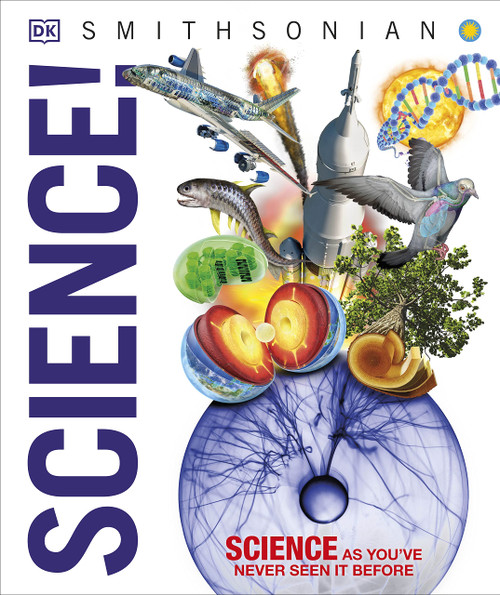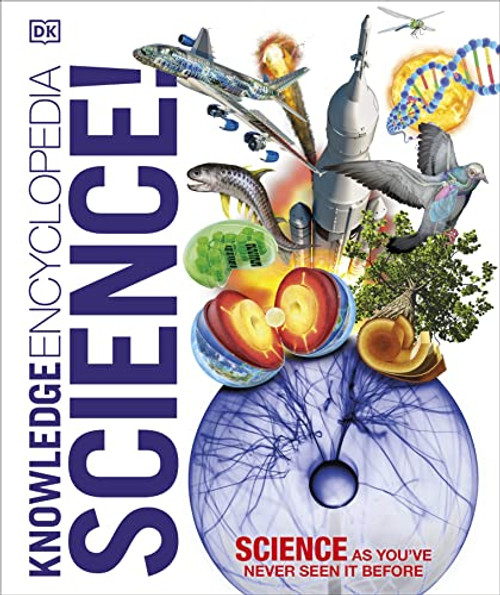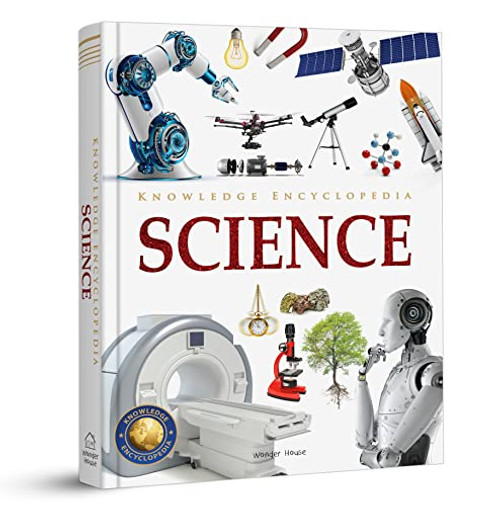When physicist Alan Sokal recently submitted an article to the postmodernist journal Social Text, the periodical's editors were happy to publish it--for here was a respected scientist offering support for the journal's view that science is a subjective, socially constructed discipline. But as Sokal himself soon revealed in Lingua Franca magazine, the essay was a spectacular hoax--filled with scientific gibberish anyone with a basic knowledge of physics should have caught--and the academic world suddenly awoke to the vast gap that has opened between the scientific community and their mould-be critics. But the truth is that not only postmodern critics but Americans in general have a weak grasp on scientific principles and facts. In Connected Knowledge, physicist Alan Cromer offers a way to bridge the chasm, with a lively, lucid account of scientific thinking and a provocative new agenda for American education.
Science, Cromer argues, is anything but common sense: It requires a particular habit of mind that does not come naturally. For example, something as simple as buoyancy can only be explained through Archimedes' principle--that a body in a fluid is subject to an upward force equal to the weight of fluid it displaces--yet few scientists could arrive at this ancient concept by trial and error. School children, however, are often given a ball and a tank of water, and asked to explain buoyancy any way they can. Today's de emphasis on teaching pupils necessary facts and principles, he argues, far from empowering them, makes them slaves of their own subjective opinions. This movement in education, known as Constructivism, has close ties to postmodern critics (such as the editors of Social Text) who question the objectivity of science, and with it the existence of an objective reality. Cromer offers a ringing defense of the knowability of the world, both as an objective reality and as a finite landscape of discovery. The advance of scientific knowledge, he argues, is not unlike the mapping of the continents; at this point, we have found them all. He shows how the advent of quantum mechanics, rather than making knowledge less certain, actually offers a more precise understanding of the behavior of atoms and electrons. Turning from philosophy to education, he argues that instead of allowing students to flounder, however creatively, schools should follow a progressive curriculum that returns theoretical knowledge to the classroom.
Connected Knowledge, however, goes much farther. As a discipline that insists upon connecting theory with measurable reality, physical science offers a new direction for reforming the social sciences. Cromer also shows how some of the hottest issues in public policy--including the debates over special education and group variations in I.Q., can be resolved through clear, hard headed thinking. For example, he argues for use of the G.E.D. as a national educational standard, with a new politics of intelligence to guide the distribution of school resources. Always forthright and articulate, Alan Cromer offers a startling new vision for integrating science, philosophy, and education.
Connected Knowledge: Science, Philosophy, and Education
$15.93 - $25.95
- UPC:
- 9780195102406
- Maximum Purchase:
- 3 units
- Binding:
- Hardcover
- Publication Date:
- 1997-03-06
- Author:
- Alan H. Cromer
- Language:
- english










